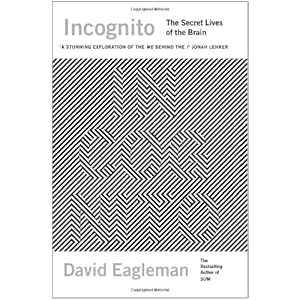He said it: Only Darwin can save philosophy
In a popular lecture delivered in Vienna I 1900, the physicist Ludwig Boltzmann, one of the fathers of statistical mechanics and the kinetic theory of gases, declared that the nineteenth century would be remembered as the Century of Darwin, then stated: In my view all salvation for philosophy may be expected to come from Darwin’s theory. … What then will be the position of the so-called laws of thought in logic? Well, in the light of Darwin’s theory they will be nothing else but inherited habits of thought. … One can call these laws of thought a priori because through many thousands of years of our species’ experience they have become innate to the individual, but it seems to be Read More ›










 In
In